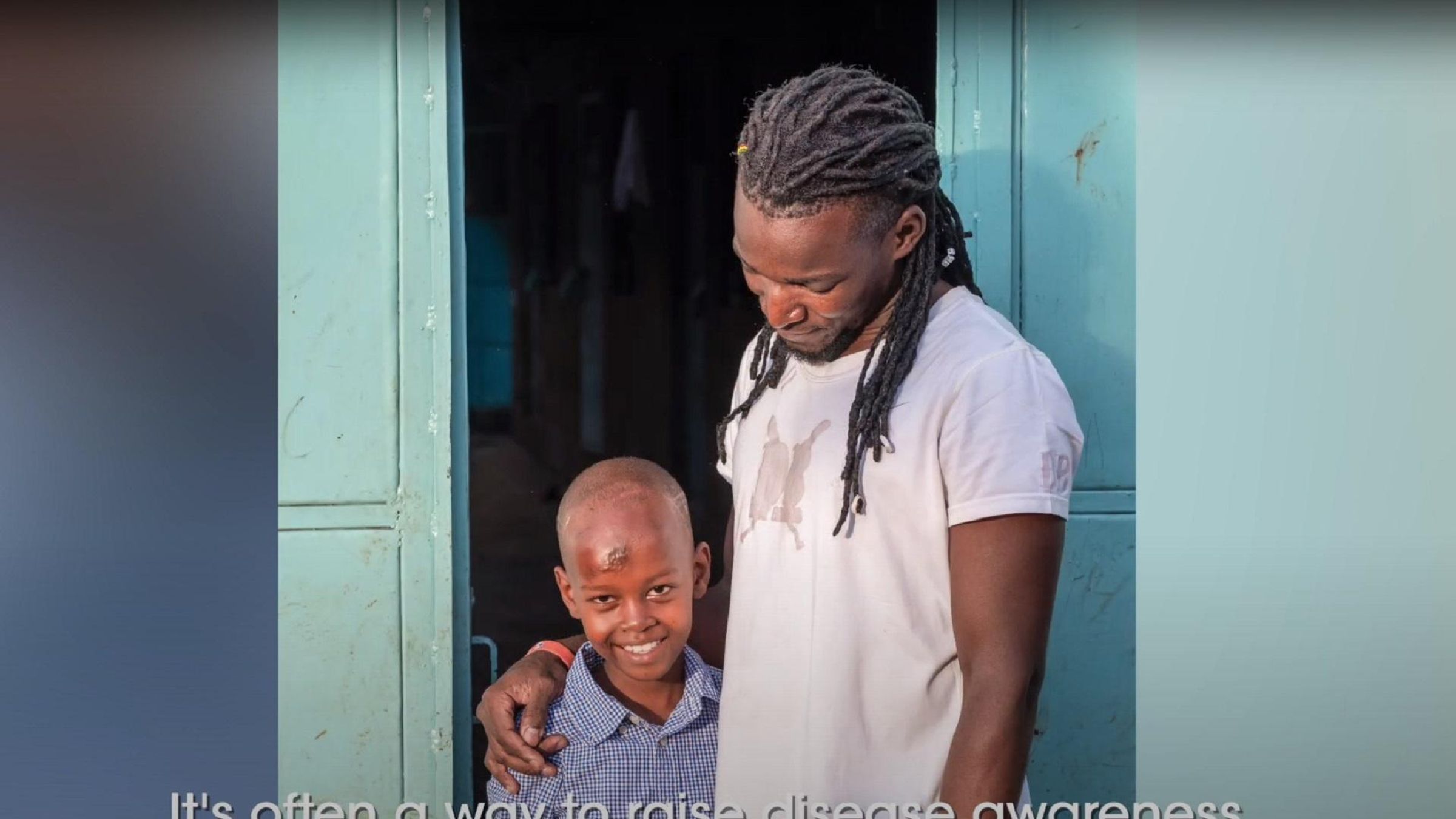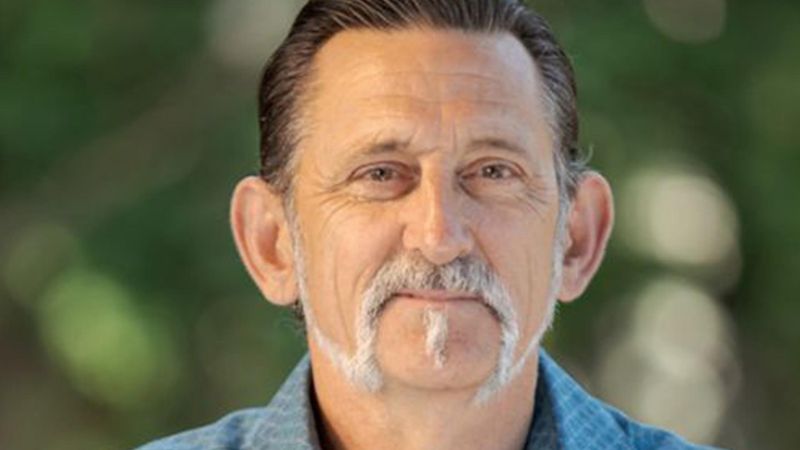
In 2018, the Rare Blood Disorders franchise was created with two strategic acquisitions [Bioverativ and Ablynx] and in-house programs with the goal of fundamentally redefining the management of these rare and often chronic diseases. In 2020, Sanofi expanded its pipeline with the acquisition of Principia, broadening its work in immune-mediated blood disorders.
Hemophilia, a rare genetic blood disorder that impairs the ability of blood to clot, is the cornerstone of the Rare Blood Disorders franchise. Sanofi’s extended half-life factor replacement therapies for people with hemophilia A and B were launched in 2014, becoming the first innovations in hemophilia management in 20 years. Since then, they have been used to treat over 3,500 people with hemophilia worldwide. Sanofi has a steadfast commitment to the hemophilia community and is continuing to explore potential new treatment approaches which could allow patients to live beyond the limitations of their condition.

Building on its legacy of innovation for patients with limited treatment options, Sanofi launched the first approved treatment for acquired thrombotic thrombocytopenic purpura (aTTP), a rare, life-threatening, autoimmune-based blood disorder. aTTP is characterized by extensive clot formation in small blood vessels throughout the body, leading to a low platelet count, a loss of red blood cells, and restricted blood supply to parts of the body.
Inspired by patients and driven by science, we are focused on helping to make a transformative difference in the standard of care for people affected by rare blood disorders around the world.
Inspired by Patients Worldwide

Stephan

Jenny

Brad
Research & Development
Humanitarian Program
Pipeline
Related Stories
Hemophilia: Our Approach to New Therapeutics
MAT-GLB-2100974-v1.0-03/2021